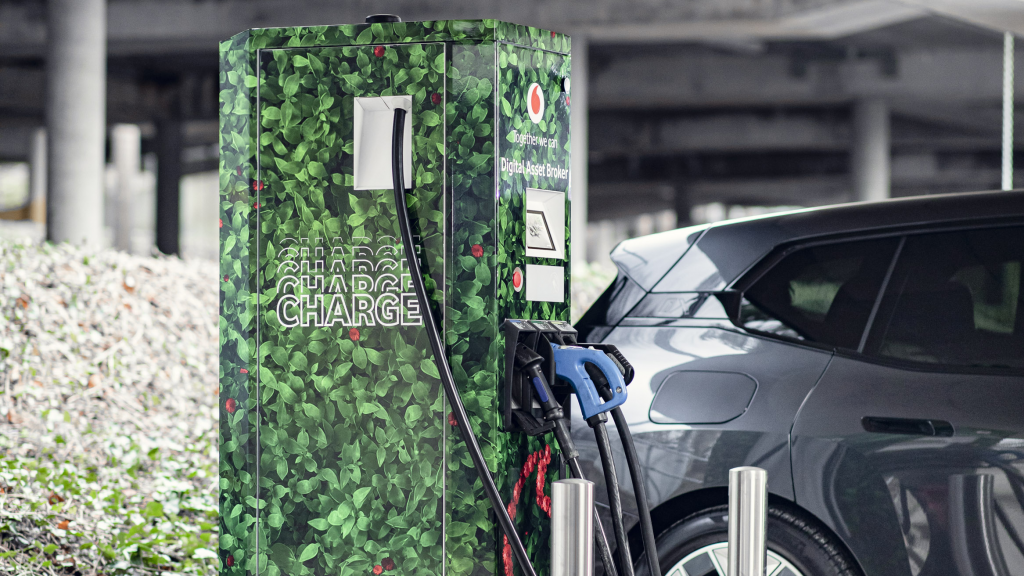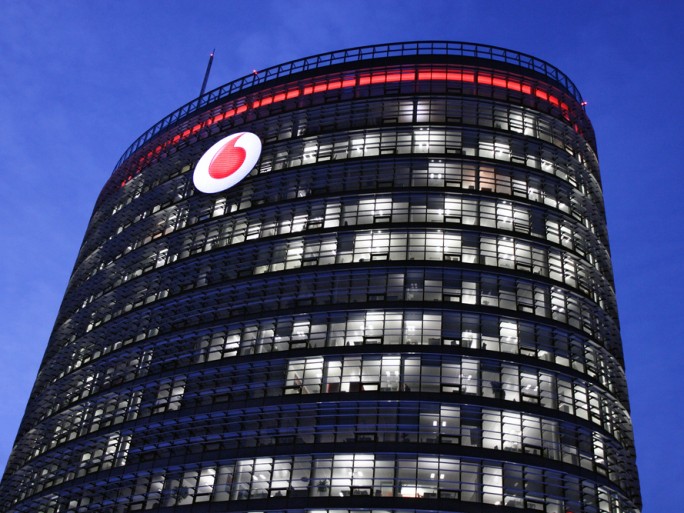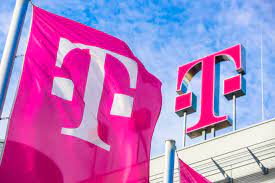Big telcos are making big moves in the Internet of Things (IoT) connectivity market. Here, business technology journalist Antony Savvas looks at the latest developments.
Vodafone has today launched a new global platform that it says takes the world of connected devices to the “next level”, by allowing them to securely trade with each other on a user’s behalf.
A DAB hand
Its new Digital Asset Broker (DAB) offering will help customers benefit from a new “Economy of Things”. It says DAB will help businesses across multiple industry sectors transform physical goods into tradable digital assets that can compete in online markets.
“The Economy of Things allows verified connected devices, vehicles, smart street furniture and machines to transact seamlessly and securely, without human intervention, but with full owner control,” says Vodafone.

Using Vodafone’s platform and geographical scale, rather than businesses building their own complex system, any device is assigned a unique digital identity. It can then communicate and transact securely with other devices using wallet and payment technology secured by the mobile SIM.
In addition to devices on Vodafone’s global IoT platform, the company will provide secure links to other third-party platforms and their associated device ecosystems during 2022, drawing in industries from the likes of automotive and energy to manufacturing and supply chain and logistics.
Blockchain security
The platform uses the latest blockchain technology to make sure all devices and machines connected to Vodafone DAB are verified as trustworthy. They are then automatically allowed to exchange and trade data and money over secure and encrypted connections.

“As a result, companies can launch new products that are quickly authenticated as being safe to do business with, no matter where they are, and devices are ready to make real-time financial transactions,” the company says.
With artificial intelligence (AI) and automation key to generating significant revenues in any new communications service these days, what Vodafone is promising seems significant.
Johan Wibergh, Vodafone chief technology officer, says: “We are building scaled platforms for our customers across Europe and Africa. The Economy of Things will see everyday objects and devices negotiate, buy and sell services on our behalf.
“We are actively talking with many other companies to rapidly expand partnerships and widen the ecosystem worldwide to include other features and payment schemes.”
Electric vehicles
A trial has started today in Newbury, UK (where Vodafone has its headquarters), where a connected electric vehicle communicates autonomously and securely with a charging point. Working with Mastercard and Energy Web, a not-for-profit organisation focused on decarbonising energy grids, motorists are sent real-time information on the status and compatibility of the nearest available charging point and can authorise their vehicle to “recharge effortlessly”.
Vodafone believes such an offering will eliminate “range anxiety”, the fear of running out of battery life, and enable customers to consciously choose renewable electricity providers.
Vodafone sees other business opportunities such as rental cars charging motorists on either a pay-as-you-drive or subscription basis, cars purchasing infotainment or booking car park spaces automatically.
DT IoT
In another global telco IoT effort, Deutsche Telekom is introducing its T-IoT system, an offering through its T-Mobile US unit. It says the service will allow companies to easily manage their connections across borders.

T-IoT supports network connectivity over the likes of NB-IoT, LTE-M, LTE and 5G, managed through platforms such as T-Mobile Control Centre and the Deutsche Telekom M2M Service Portal.
The service is being made available across 190 destinations over 385 networks worldwide, with an aim of simplifying the procurement process for contracts and billing.
Users will be able to pay flexibly through a pay-per-data model or through the unlimited connectivity packages T-IoT Unlimited Base, T-IoT Unlimited Premium and T-IoT Unlimited Pro.
BT and NTT
Deutsche Telekom and Vodafone aren’t the only telcos homing in on the IoT connectivity space by any means, with BT, for instance, recently creating its ‘Division X’ unit, which forms part of its Enterprise business.
This unit has been established to “scale up and commercialise” the development of customer solutions around IoT, 5G private networks and edge computing.

Division X is described by BT as a “key growth engine”, as it seeks to move from being a telco to a “tech co”, by expanding into services that go beyond traditional calls and lines. “We are focused on turning emerging tech like IoT, 5G, edge and AI into solutions that we can scale and sell, and which will drive sustainable growth,” says BT.
In addition, NTT Communications (NTT Com) recently launched Smart Data Platform (SDPF) Edge, an edge computing service available for a flat monthly fee.
Targeted mainly at the manufacturing industry, SDPF Edge enables producers to maintain quality control by processing huge amounts of production data through sensors, to then “make decisions faster and for less cost than ever before”, says NTT.
Telcos are in a great position to serve core business needs in data collection, data management and data monetisation, and hopefully they’ll be able to take full advantage of the opportunity, before others do.
No time to wait, let’s push 6G

As Mobile World Congress Barcelona kicks off today, the NGMN Alliance (Next Generation Mobile Networks Alliance) is making big noises about 6G, just as 5G is only now becoming generally available in major markets outside parts of Asia.
As Dario Betti, CEO of the Mobile Ecosystem Forum (MEF), recently told VanillaPlus, 5G has been marketed for so many years it “shows some fatigue”. He added that the mobile industry keeps “burning out” all the marketing power during the technical standards discussions, “way before users can experience and understand benefits”.
NGMN says it has identified 50 use cases across enhanced human communication, enhanced machine communication, enabling services and network evolution for 6G.

“These predictions will feed into the ITU-R IMT Vision for 2030 and beyond, specifying future connectivity requirements, followed by the work of standards development organisations,” says the NGMN.
With all due respect to the NGMN, which admittedly is not a user-facing organisation, 6G sounds pretty laborious already. Let’s hope the technology gets out of the standards bodies a bit quicker than 5G, and we obviously avoid the network roll-out obstacles we’ve seen over the last two years.
The author is Antony Savvas, a global freelance business technology journalist.
Comment on this article below or via Twitter: @VanillaPlus OR @jcvplus






